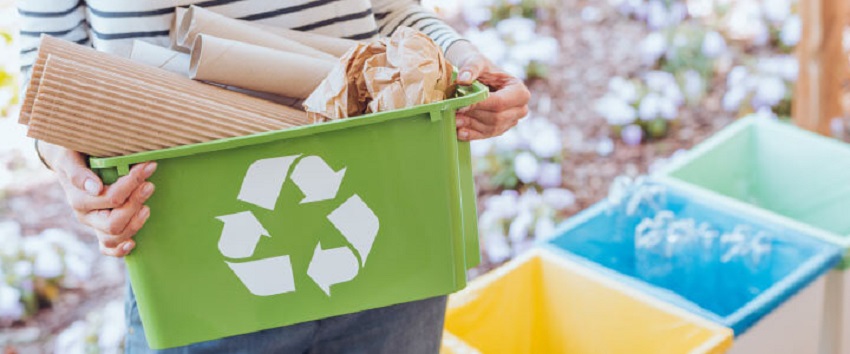Waste disposal is crucial to reducing pollution and keeping the environment healthy. However, many methods we use to dispose of our waste aren’t eco-friendly.
The first step is to conduct an audit of your current waste practices. It will help you to make changes that will benefit the environment.
Recycle
Recycling is an eco-friendly way to dispose of waste, and it helps the environment by ensuring that materials like aluminum, glass, plastic, and paper are reused repeatedly. It saves energy and resources, reduces greenhouse gases and industrial pollution, and decreases deforestation and ecosystem damage.
In contrast, putting waste into landfills releases greenhouse gases and other harmful emissions affecting local air and water quality. Moreover, modern sanitary landfills are designed to prevent contact with the surrounding natural environment and to contain waste in tightly sealed cells.
Increasing the use of recycled materials in producing new products reduces the need for extracting raw materials, which is a significant source of air and water pollution. It also conserves raw materials by eliminating the need to mine or log, which can contribute to deforestation and habitat destruction.
Adding a designated recycling bin to your home or business can be the first step towards making your waste disposal and garbage removal more eco-friendly. Providing color-coded bins for each waste stream makes it easier to identify and ensures that the materials are not mixed.
Reuse
Reuse is a more eco-friendly waste management method than recycling because it prolongs the life of products and materials. It also reduces landfill waste.
To reuse waste, you must first decide whether or not it has value to you and others and then find a way to use it again for its original purpose. It can be done by repairing or refurbishing items or finding other ways to utilize the item for its original function.
The main advantage of reusing is that it is less costly than sending an item to the dump and can save us energy in many other areas. For example, reusing a plastic grocery bag to line the trash can will help reduce the amount of garbage in landfills yearly.
Reuse and recycling are critical aspects of garbage removal, but it’s important to distinguish between them as they can have different environmental effects. Reuse is a better choice for the future, but it isn’t the only option for saving the planet.
Reduce
A key challenge for municipal governments worldwide is removing solid waste from the urban landscape. It is a complex logistical and operational task with significant public health, environmental and economic impacts.
A critical step toward a more sustainable future for cities and buildings is to minimize the volume of waste in landfills and incinerators. In addition, it’s essential to ensure that garbage doesn’t add to the global problem of greenhouse gas emissions.
Several strategies can help reduce the amount of waste a city produces, including recycling, reducing the number of materials in the waste stream, and using less of it in the first place. In addition, some local policies can encourage waste reduction, such as waste disposal fees and tax cuts for plastic shopping bags.
Don’t Waste
It’s no secret that the world’s wealthiest nations are notorious for squandering precious resources. It has many consequences, but one of the most obvious is the sexing up of our burgeoning landfills. It also means we must get creative about what we can reuse and recycle. It doesn’t have to involve a wholly blown household cleanup. We’re just looking for a more streamlined recycling program that works for everyone. Fortunately for our neighbors and us, there are a few simple ways to go green in style without breaking the bank. So if you’re in the market for a more environmentally friendly way to do things around the house, look at our green services today!


